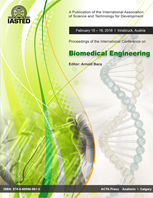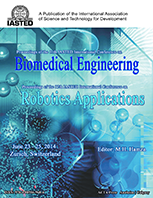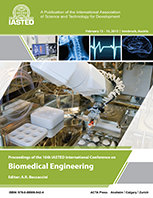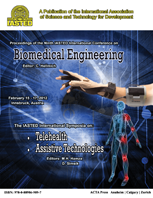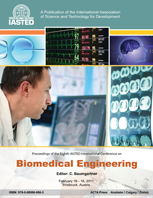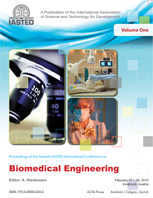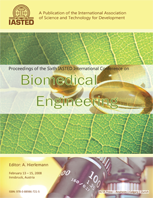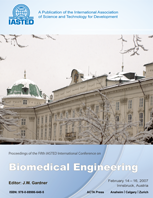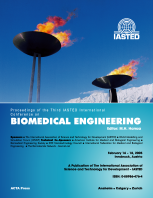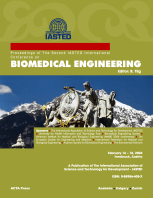The 13th IASTED International Conference on
Biomedical Engineering
BioMed 2017
February 20 – 21, 2017
Innsbruck, Austria
PLENARY SPEAKER
Two Decades of Commercializing Biomaterials: One Nano Step at a Time
Duration
1 hour
Abstract
There is an acute shortage of organs due to disease, trauma, congenital defects, and most importantly, age related maladies. The synthetic materials used in tissue engineering and medical device applications today are typically composed of millimeter or micron sized particles, grains, and/or fiber dimensions. Although human cells are on the micron scale, their individual components, e.g. proteins, are composed of nanometer features. By modifying only the nanofeatures on material surfaces without changing surface chemistry, it is possible to increase tissue growth of any human tissue by controlling the endogenous adsorption of adhesive proteins onto the material surface. In addition, our group has shown that these same nanofeatures and nano-modifications can reduce bacterial growth without using antibiotics, which may further accelerate the growth of antibiotic resistant microbes. Inflammation can also be decreased through the use of nanomaterials. Finally, nanomedicine has been shown to stimulate the growth and differentiation of stem cells, which may someday be used to treat incurable disorders, such as neural damage. This strategy also accelerates FDA approval and commercialization efforts since new chemistries are not proposed, rather chemistries already approved by the FDA with altered nanoscale features. This invited talk will highlight some of the advancements and emphasize current ceramic nanomaterials approved by the FDA for human implantation. It will also emphasize the future of ceramic nanomaterials in medicine, such as their use in personalized medicine as internal sensors to detect and fight alterations in health.
Biography of the Plenary Speaker
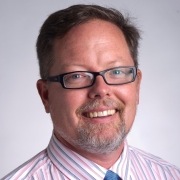
Dr. Thomas J. Webster’s degrees are in chemical engineering from the University of Pittsburgh (B.S., 1995) and in biomedical engineering from Rensselaer Polytechnic Institute (M.S., 1997; Ph.D., 2000). He is currently the Department Chair and Professor of Chemical Engineering at Northeastern University in Boston.






